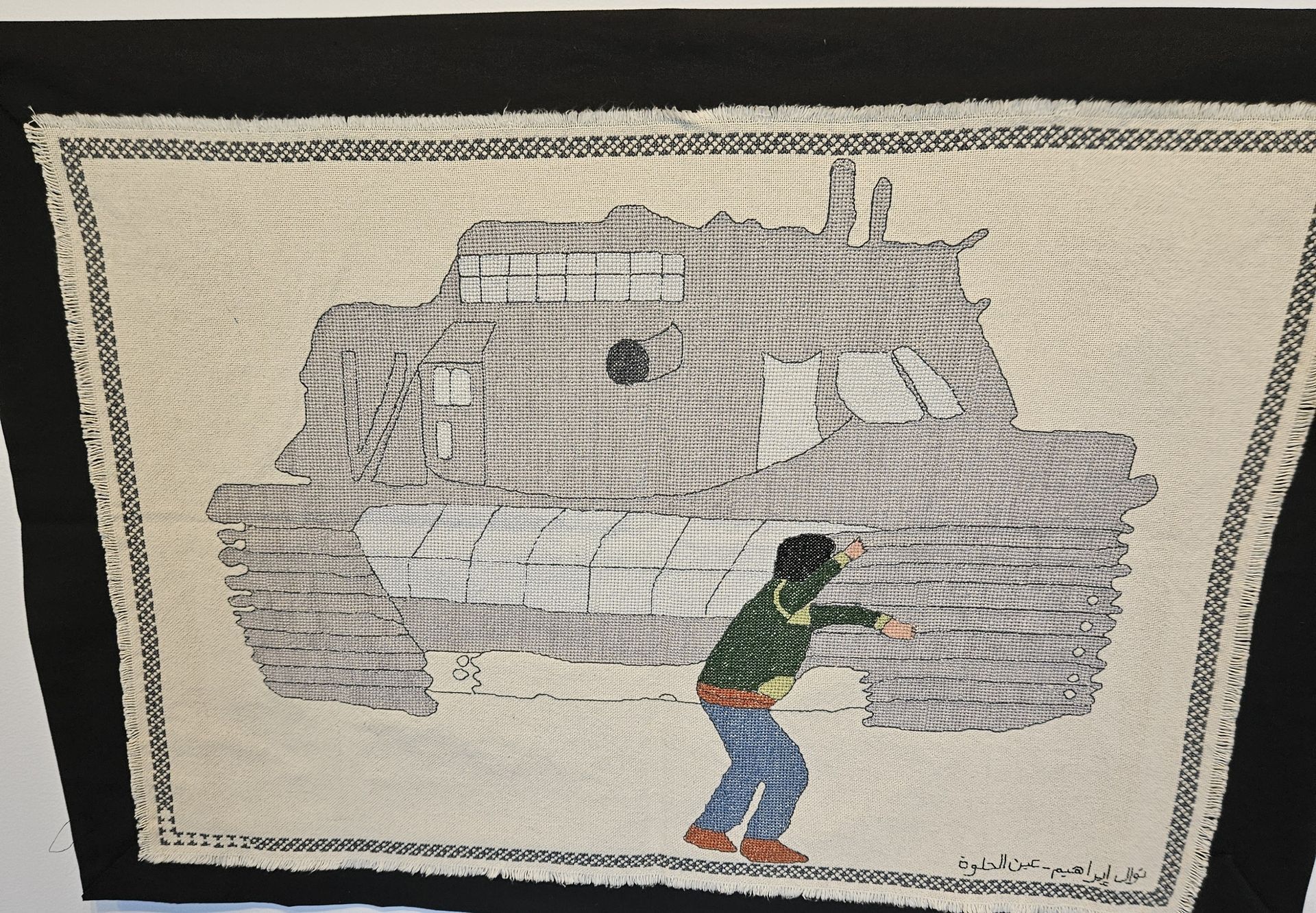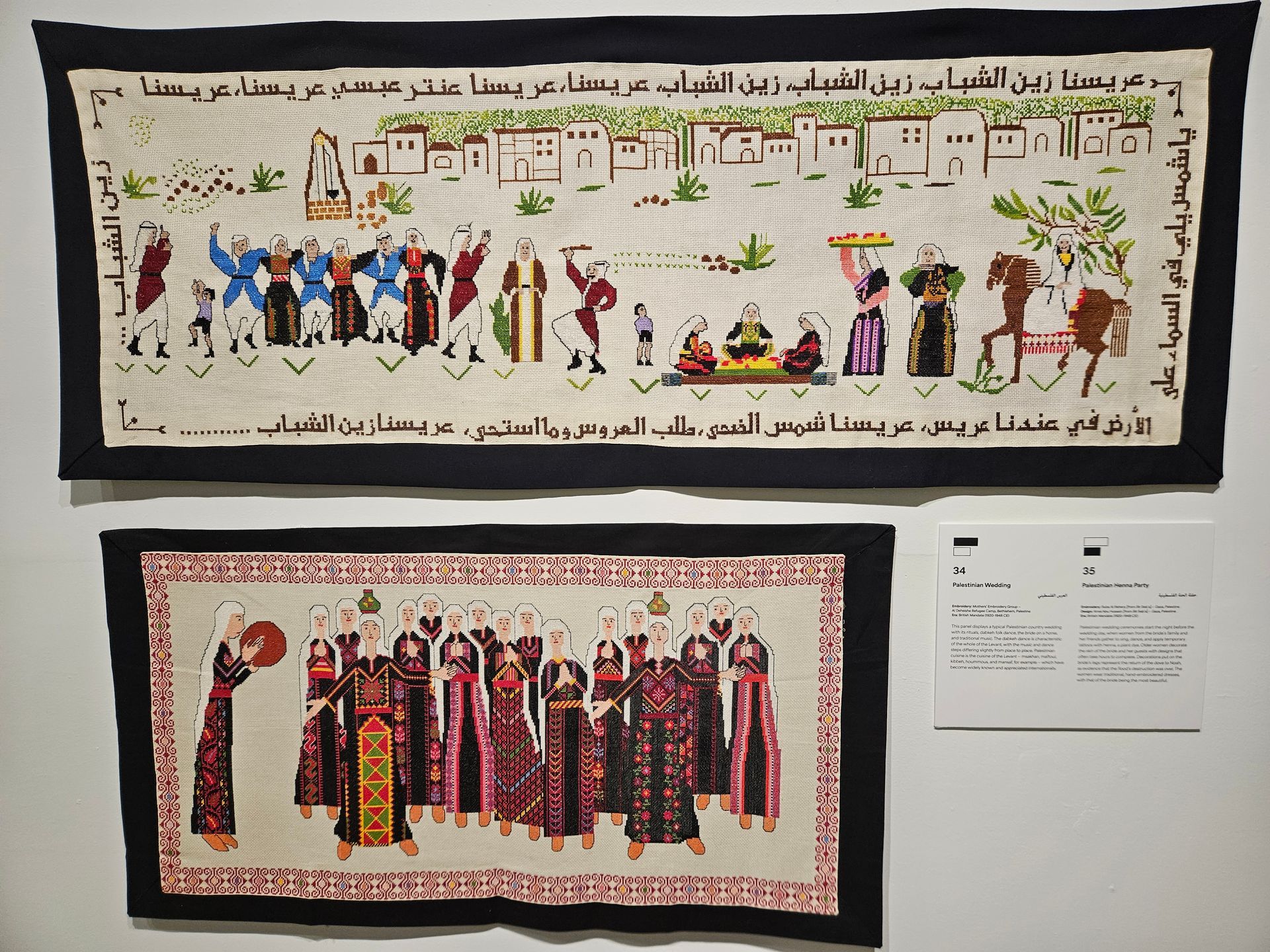
Mark 11:15-19 - a house of prayer for all the nations
Personal testimony at First United Church, Ottawa. April 7 2019
Jesus dramatic action turning-over the tables was intended to cleanse the temple and transform its leaders – to restore the temple into God’s house to welcome people from far and near, with diverse backgrounds and varied faith commitments.
I want to share something of turning-over tables I experienced in our United Church of Canada when Glenys and I served together on its national staff in the early 1980s.
We were asked to be the staff resource people with a 6-person Task Group to study this question: can gays and lesbian members serve as leaders of the church – as ordained and diaconal ministers?
The question didn’t just fall to earth out of the sky. It arose because there were gay & lesbian members of the church who felt God's call to become ministers. They had also gotten and were still getting the message that as a category of humans beings, homosexual persons were not considered eligible for these leadership roles. They would be rejected if they came out of the closet.
The church was, by and large, still living with the long-inherited assumption shared in Canadian society that homosexuality was either a disease, a sin, a perversion, or a crime – and any of those descriptions warranted rejection of a gay or lesbian person who felt called to ordained or diaconal leadership in the church.
Increasingly Canadians were becoming uncomfortable with this broad-stroke rejection of a category of people. In the church, they had already removed women from the rejection category in 1936. Later divorced people were no longer rejected as candidates for the Order of Ministry.
But homosexual candidates got the message:
If you "come out" you will be rejected. So, just avoid the sexuality topic when you’re interviewed. Let people assume you are heterosexual. In other words, stay in the closet. Don’t let the committee know who you truly are.
But across the church, gay and lesbian candidates felt compromised; and interview committees became increasingly uncomfortable with this less than honest mode of responding to gay and lesbian members who felt called to the Order of Ministry. Committees were growing in their awareness of the costly history of homophobia and the traumatic abuse inflicted on homosexual people in both society and Church.
Concerned members took action and finally convinced the General Council to create a Task Group to study and recommend. Eight people made up the Task Group. Over a two-year period, we reviewed just about everything that could be pertinent, including how we personally felt about the issue.
We studied civil legislation, Church history, and social history with its endless stories of persecuting gay and lesbian people. We reviewed medical and psychological papers, looked at so-called “healing ministries” purporting to heal persons of their homosexuality (they don't!); and, of course, we studied the Bible – with its very few passages touching on homosexuality and we spent time reflecting on Jesus' core revelation - words and actions - of inclusion and loving acceptance in God’s human family.
All of that was important and contributed to 27 page report, distributed throughout the church as in insert in the United Church Observer in anticipation of the 30th General Council taking place in August 1984 in Morden, Manitoba. But the most significant thing the Task Group did was to meet with gay and lesbian people.
In one such meeting at Vancouver School of Theology, we met with 14 women and men – some we expected to see, the presence of others was a surprise. But they were all known to us as faithful and contributing members and ministers of the church.
We assured the 14 of both personal confidentiality and their safety because we were all too aware of the risks and dangers they endured in both church and society. That allowed the Task Group to ask these courageous people to freely share with us their personal story as homosexual persons in the church and society.
That was the evening when the tables were turned over in my life and the lives of other Task Group members!
We heard of pain and suffering, rejection and hostility, denial of rights, alienation of affection, and the accumulated trauma all 14 witnesses had experienced as gay & lesbian people.
Most said they had learned to hate their own homosexual orientation. As a consequence, they had pursued ways to rid themselves of it. They had internalized the societal dogma that only heterosexuality is the acceptable norm. So, they struggled and searched to end the pain and fear of exclusion in order to become acceptable humans in our culture.
They pursued medical solutions, psychiatric treatment, spiritual experiences, intense prayer, so called “healing ministries”, and much more, including several attempts at suicide – in order to escape their homosexuality.
None of this worked, of course – adding yet another layer of guilt or failure to their personal burden.
But - and this is the Good News testimony they offered our Task Group:
it was only when I recognized that I am a homosexual person, created in the image of God, and beloved as I really am – that was the time I truly experienced the grace of God and God’s love for me. That was our moment of liberation!
For us in the Task Group this was the table-turning moment – the truth from above.
Whatever we felt about homosexuality up to that point, whatever we thought about gay and lesbian people – we awakened to the fact that the church and, by extension, we ourselves had long been part of an oppressive system.
We understood the heterosexual privilege that most in the Task Group shared and knew that homophobia and rejection of gay and lesbian persons was deeply rooted in both the church’s history and in our lives. We realized that most of us personally and all of us as church members had tolerated and contributed to a sinful and cruel system of oppressing gay and lesbian people as a category.
We understood this did not square at all with the faith we professed to embrace, namely, the love of God revealed in Jesus accepting all persons as beloved children of God – with all their diversity, all their foibles and gifts for ministry, all their passion and vision.
Our recommendation to the General Council entailed a clear rejection of this system of oppression and a full acceptance of gay and lesbian persons in the Church – as participants, as members, as persons eligible for professional leadership roles in the church.
The Task Group's work was done. We all know, however, that it takes a lot more than one experience and one report to transform ourselves and to change the United Church faith community. Just as the temple wasn’t cleaned up just by Jesus’ dramatic action, so our report didn’t change everything.
But it did change me and the whole Task Group; and through our work contributed to changing the entire church. It started a process of re-thinking in-light-of faith what the Church was really about.
After four more years of study, debate, argument, prayer, learning, and discerning throughout the church, the 1988 General Council and re-affirmed by the 1990 General Council, declared that any member – no matter their sexual orientation, gender, ethnic background, social situation – was eligible to be considered for ordained or diaconal leadership in the church!
Jesus turned over the tables to launch the cleansing of the Temple. Gay and lesbian voices turned over United Church tables of injustice and homophobia into opportunities for healing, learning, more just ways, and diverse community for all within the church and in society.
Since the 1980s much has changed. Sexual orientation as an issue has diminished - although more fundamentalistic religious people and groups continue to find it difficult to accept homosexuality as an orientation. Around the world gay and lesbian people are still being persecuted, tortured, and killed - just for their sexual orientation.
Accepting diversity of sexual orientation, ethnic origins, faith differences, and the many other social barriers human raise between each other is still a challenge. Faith communities need to be continuously watchful that the Gospel they cherish doesn't become yet another tool to alienate others.
For the United Church, this desire to be faithful to the Creator and the revelation of redemption in Jesus Christ, and the prodding of the restless Spirit has been costly in terms of members choosing different faith ways. But at the same time, many Christians across the denominations have sensed that the Gospel is not simply good news, it is also demanding news - companionship on the Way with Jesus can be costly and in our complex world it is.
There is still a long way to travel, but there is now a much clearer idea of the destination God intends for church and society. The Temple cleansing story in Mark's Gospel concludes with Jesus' question: "Is it not written, 'My house shall be called a house of prayer for all the nations'?"
************
The report: Sexual Orientation and Eligibility for the Order of Ministry, published by the Division of Ministry Personnel and Education of the United Church of Canada, 1984. The report is available in the Record of Proceedings of the 30th General Council.


